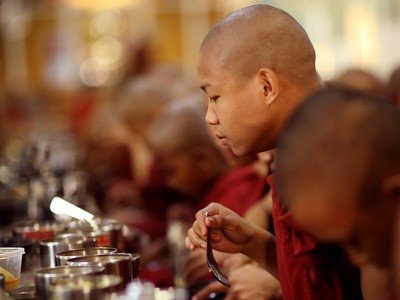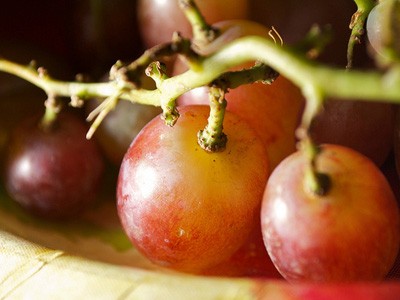Eating blame
Eating blame

I recently read Zen Flesh, Zen Bones—a compilation of early Zen teachings from four major sources. One morning while contemplating I also thought about the teaching of “eating blame” from the parable of the snake’s head in the monk’s soup. Perhaps you’ve heard about the chef who accidentally put a snake’s head in the monk’s soup. I’ve heard two versions—one, that the monk swallowed the snake’s head and the second, that the chef ate it. That does not matter.
The importance of the teaching is that the blame was eaten. Instead of pointing the finger and allowing anger to manifest and perhaps sparking an argument, the individual swallowed that blame, along with the chance of pride—severing just like the snake’s head, that ego which can appear and jump out when we are not in awareness.
In bed I thought about this parable, and also Shunryu Suzuki and how he looked to the frogs as an example of how to practice. Just sit—a frog doesn’t think it is special. And I wrote the following poem:
Shunryu and the Frog
Eating blame, eating shame
Devouring insects of judgment
Sitting statuesque, unprideful
with no-thing to attain.
The body, a lecture seat
which nests a mind
hatching thoughts of clarity.
Little Green Frog—
you Golden Stupa!
Albert Ramos
Albert Gerome Ramos was born and raised in San Antonio, Texas. He has been incarcerated since 2005 and is currently enrolled in the North Carolina Field Minister Program. Upon graduation he plans to start programs that help incarcerated people with mental health issues, drug dependency, and those who struggle from childhood trauma. He is the author of the children's book Gavin Discovers the Secret to Happiness.


